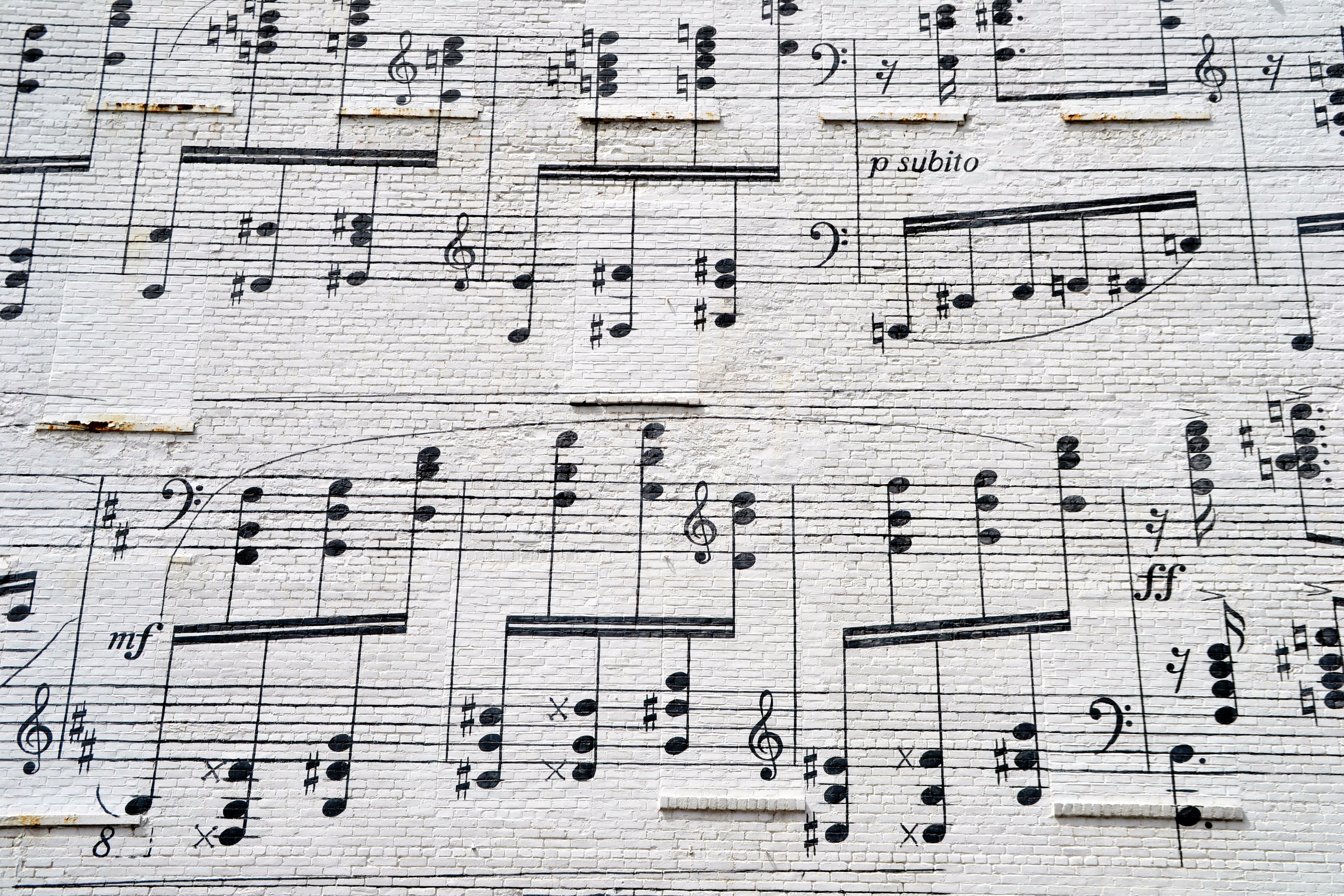Copyright Compliance in Social Media: Identifying and Using Music Responsibly

From short-form videos on platforms like TikTok and Instagram to longer-form content on YouTube and Facebook, music serves as a cornerstone of digital expression, adding depth, atmosphere, and personality to a wide array of multimedia content. However, amidst the excitement of content creation, it's imperative for creators to navigate the intricate landscape of music copyright laws to avoid potential legal pitfalls and safeguard their work.
Understanding how to determine if a song is copyrighted and why it's important in social media is essential for content creators to navigate the complexities of intellectual property rights and uphold ethical standards in their creative endeavors. With millions of songs available at their fingertips, creators must exercise caution to ensure they have the necessary permissions or licenses to use copyrighted music responsibly.
Knowing how to tell if a song is copyrighted in social media is important in upholding the rights of artists, composers, and copyright holders while protecting the integrity of creative works. Music, as a form of artistic expression, is protected by copyright laws to ensure that creators receive fair compensation for their contributions and maintain control over how their works are used and distributed. By respecting copyright laws, content creators not only demonstrate ethical conduct but also contribute to the sustainability of the creative industries, supporting artists and fostering a vibrant ecosystem of cultural production.
In addition to legal considerations, identifying copyrighted music is essential for maintaining transparency and accountability in social media content creation. By crediting artists and obtaining proper permissions or licenses for the use of copyrighted music, creators demonstrate respect for intellectual property rights and foster positive relationships with artists, fans, and fellow creators. Moreover, adhering to copyright laws promotes a culture of fairness and equity in the digital landscape, ensuring that creators are duly recognized and compensated for their contributions.
Check the Copyright Status on Official Platforms:
One of the simplest ways to ascertain if a song is copyrighted is by checking its status on official music platforms like Spotify, Apple Music, or YouTube Music. If the song is available for streaming or purchase, it's likely protected by copyright.
Review the Credits and Licensing Information:
Examining the credits and licensing information associated with a song can provide valuable insights into its copyright status. If the song is attributed to a specific artist or label, it's likely protected by copyright, unless explicitly stated otherwise.
Search for Copyright Notices and Claims:
Many copyrighted songs feature copyright notices or claims in their metadata or accompanying documentation. These notices serve as indicators of the song's copyright status and highlight the rights reserved by the copyright holder.
Consult Copyright Databases and Registries:
Utilizing copyright databases and registries, such as the U.S. Copyright Office or international equivalents, can help verify the copyright status of a song. These databases contain detailed information about registered copyrights, including music compositions and recordings.
Use Online Copyright Detection Tools:
Online copyright detection tools, such as Content ID on YouTube or third-party copyright detection services, can automatically identify copyrighted music used in videos or audio content. These tools compare audio signatures against vast databases of copyrighted material to detect potential infringements.
Request Permission from the Copyright Holder:
When in doubt about the copyright status of a song, seeking permission directly from the copyright holder is a prudent course of action. Obtaining explicit permission ensures compliance with copyright laws and mitigates the risk of infringement claims.
Explore Public Domain and Creative Commons Music:
Public domain and Creative Commons-licensed music are exempt from copyright restrictions, allowing users to use and share these compositions freely. Exploring libraries of public domain or Creative Commons music provides access to a vast array of legal and copyright-free options for social media content.
Consider Fair Use Guidelines:
Understanding the principles of fair use can help determine whether the use of a copyrighted song qualifies as permissible under copyright law. Fair use exceptions may apply in certain contexts, such as criticism, commentary, or parody, but it's essential to adhere to the criteria outlined in fair use guidelines.
Seek Legal Advice if Uncertain:
When unsure about the copyright status of a song or the legality of its use, seeking legal advice from a qualified attorney specializing in intellectual property law is advisable. Legal experts can provide guidance tailored to specific situations and help navigate complex copyright issues.
Respect Copyright Laws to Avoid Legal Consequences:
Understanding the importance of respecting copyright laws in social media is crucial for avoiding legal consequences and safeguarding one's reputation as a content creator. Unauthorized use of copyrighted music can result in takedown notices, account suspensions, or even lawsuits, leading to financial liabilities and damage to one's online presence.
In social media, where content spreads rapidly and reaches vast audiences, the significance of identifying copyrighted music cannot be overstated. Incorporating copyrighted music into social media content without proper authorization not only violates the rights of artists and copyright holders but also exposes content creators to legal risks and liabilities. By adhering to copyright laws and utilizing legal and copyright-free alternatives, content creators can foster a culture of respect for intellectual property rights while fostering creativity and innovation in the digital sphere.
(Devdiscourse's journalists were not involved in the production of this article. The facts and opinions appearing in the article do not reflect the views of Devdiscourse and Devdiscourse does not claim any responsibility for the same.)










